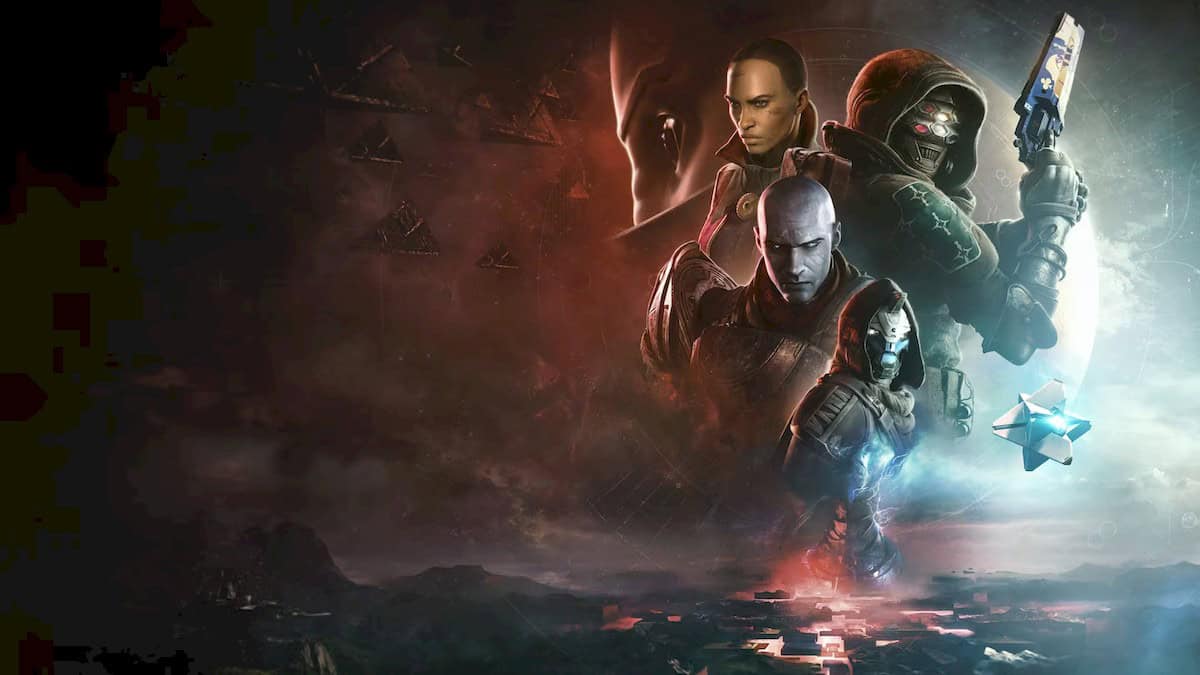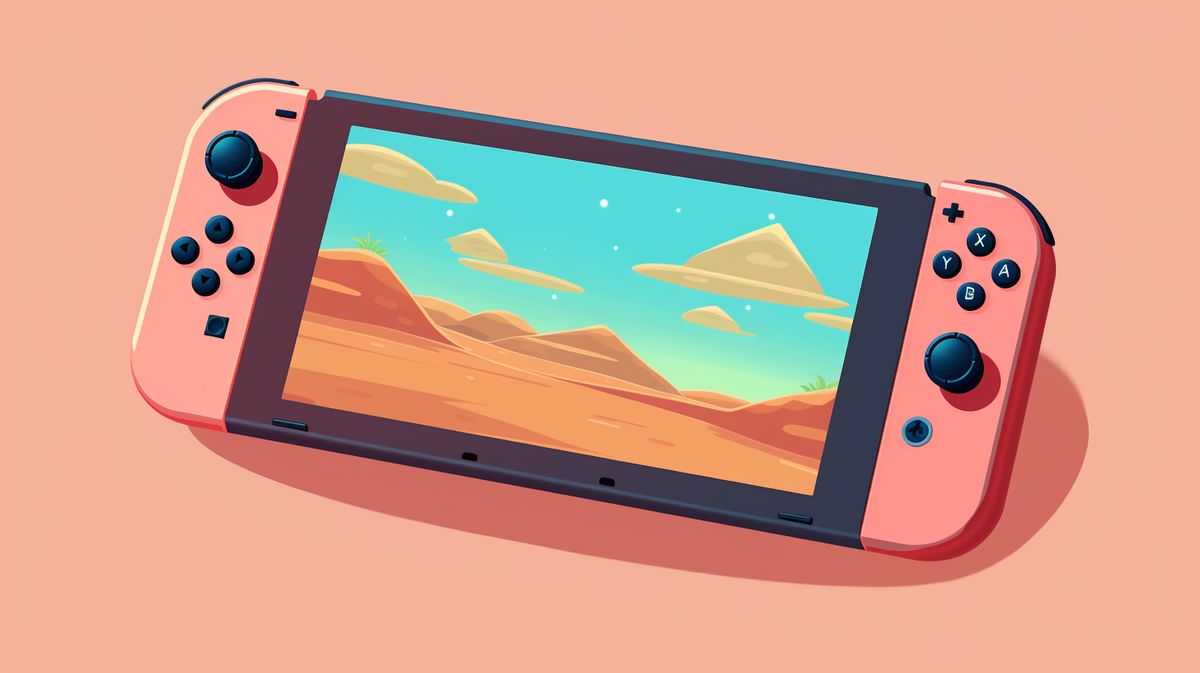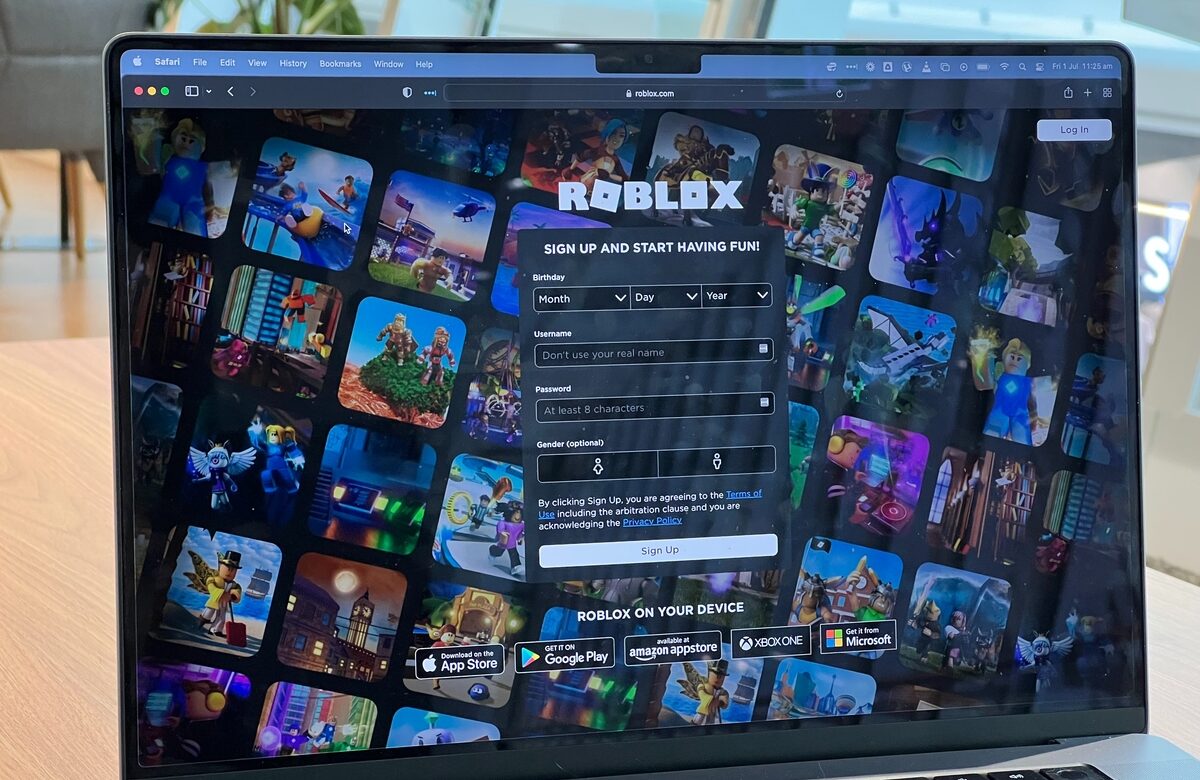- FinanceTechnology
- October 15, 2024
- No Comment
- 30
Layoffs hits Destiny 2 Final Shape

Bungie, the developer of the popular sci-fi first-person shooter game Destiny 2, is reportedly delaying its next major expansion, The Final Shape, due to Bungie layoffs 2023 at the studio.
Bloomberg’s Jason Schreier, a reliable source for gaming industry news, has reported that the expansion has been pushed back from its original February 2024 release date to June 2024. The layoffs at Bungie reportedly affected a number of employees, including some who were working on The Final Shape.
The layoffs are reportedly due to a number of factors, including the rising cost of game development and the challenges of working on a cross-platform game like Destiny 2. Sony, which acquired Bungie in early 2022, may also be putting pressure on the studio to reduce costs.
The Destiny Two Team has shared this in the light of Bungie layoffs 2023 on Twitter/X:
As a parting message, the team would like to express our deepest gratitudes to the executives who have set a new precedent for pioneering positive change in the gaming industry.
Without their heroism and unparalleled leadership our company would truly be lost.
— Destiny Two Team (@DestinyTwoTeam) October 31, 2023
Bungie layoffs 2023 are the reason why Destiny 2 Final Shape delayed
The delay of The Final Shape is a disappointing setback for Destiny 2 players, who have been eagerly awaiting the conclusion of the game’s Light and Darkness saga. However, it is important to remember that Bungie is still committed to supporting Destiny 2. The studio has released a number of major updates for the game in recent months, and it has promised to continue releasing new content for the foreseeable future.
The layoffs at Bungie are also a concern for fans of the studio. Bungie is known for its high-quality games, but the layoffs could make it difficult for the studio to maintain its current level of quality. It is also unclear how the layoffs will impact the development of future Bungie games.
How did recent layoffs in the gaming industry affect gamers?
The recent layoffs in the gaming industry have affected gamers in a number of ways.
Delayed and canceled games
One of the most direct impacts of the layoffs is that some games have been delayed or canceled altogether. This is because layoffs can reduce the number of available developers and artists, making it difficult or impossible to complete games on time or to the desired quality standard.
For example, Bungie, the developer of Destiny 2, reportedly delayed its next major expansion, The Final Shape, due to layoffs at the studio. Other companies, such as Netflix and Google Stadia, have also canceled or delayed games due to layoffs.
Reduced quality
Even if a game is not delayed or canceled, layoffs can still lead to a reduction in quality. This is because layoffs can reduce the amount of time and resources that are available to develop and polish a game.
For example, a game that is developed with a smaller team may have fewer features, less polished graphics, or more bugs. Additionally, layoffs can lead to a loss of experienced developers, which can make it difficult to maintain the same level of quality on future projects.

Increased prices
Layoffs can also lead to increased prices for video games. This is because game developers need to make a profit in order to stay in business, and layoffs can reduce the amount of revenue that a company generates.
As a result, companies may need to charge more for their games in order to make up for the lost revenue. This can make video games less affordable for gamers.
Reduced support
Layoffs can also lead to reduced support for video games. This is because layoffs can reduce the number of available customer support representatives and community managers.
As a result, gamers may have to wait longer for help when they encounter problems with their games, and they may not have as much access to information and updates about their games.
Overall, the recent layoffs in the gaming industry have had a negative impact on gamers. Gamers may have to wait longer for new games, pay more for games, and experience reduced quality and support.
Featured image credit: Sony/Bungie.








